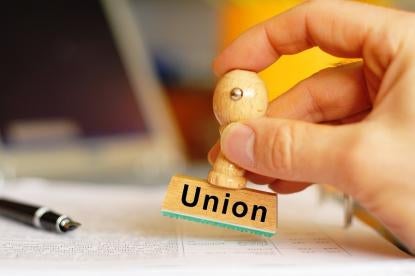The National Labor Relations Board has reaffirmed it will apply a “potential-disenfranchisement” test, not an “actual-disenfranchisement” test, in determining whether employees were affected by a late opening of the polls at an NLRB-conducted election. Bronx Lobster Place LLC, Case 02-RC-191753 (Feb. 2, 2018) (unpublished).
The employer had lost the election 14-12; there was one challenged ballot. Four eligible voters did not vote. In the second of two voting sessions, the NLRB Agent assigned to supervise the election opened the polls seven minutes late. Since the number of eligible voters who did not vote (four) was more than the union’s margin of victory, the NLRB found that the number of voters potentially disenfranchised were thus enough to affect the election outcome. Consequently, sufficient basis existed for conducting a new election.
Rejecting Member Mark Gaston Pearce’s dissenting opinion, which advocated setting aside an election only where objective evidence showed a determinative number of eligible employees were actually prevented from voting because of the late opening of the polls, the NLRB followed the Board’s reasoning in Pea Ridge Iron Ore Co., 335 NLRB 161 (2001). In that case, the polls also were opened seven minutes late and a determinative number of employees did not cast ballots. According to the Board:
[w]hen election polls are not opened at their scheduled times, the proper standard for determining whether a new election should be held is whether the number of employees possibly disenfranchised thereby is sufficient to affect the election outcome, not whether those voters, or any voters at all, were actually disenfranchised.
The NLRB’s decision underscores how closely the Board guards the integrity of the elections it conducts. Although the four eligible voters who did not cast ballots may have done so voluntarily, there was a possibility they tried to vote and could not because the polls were not open when they should have been. Therefore, the Board decided a new election had to be conducted.
Surprisingly, the pro-employer majority in this case was formed by an odd couple: NLRB Members William Emanuel, a Republican, and Lauren McFerran, a Democrat. Union-friendly Pearce, a Democrat, dissented. Could the decision be a sign of good NLRB times ahead for employers? Time will tell.






 i
i


